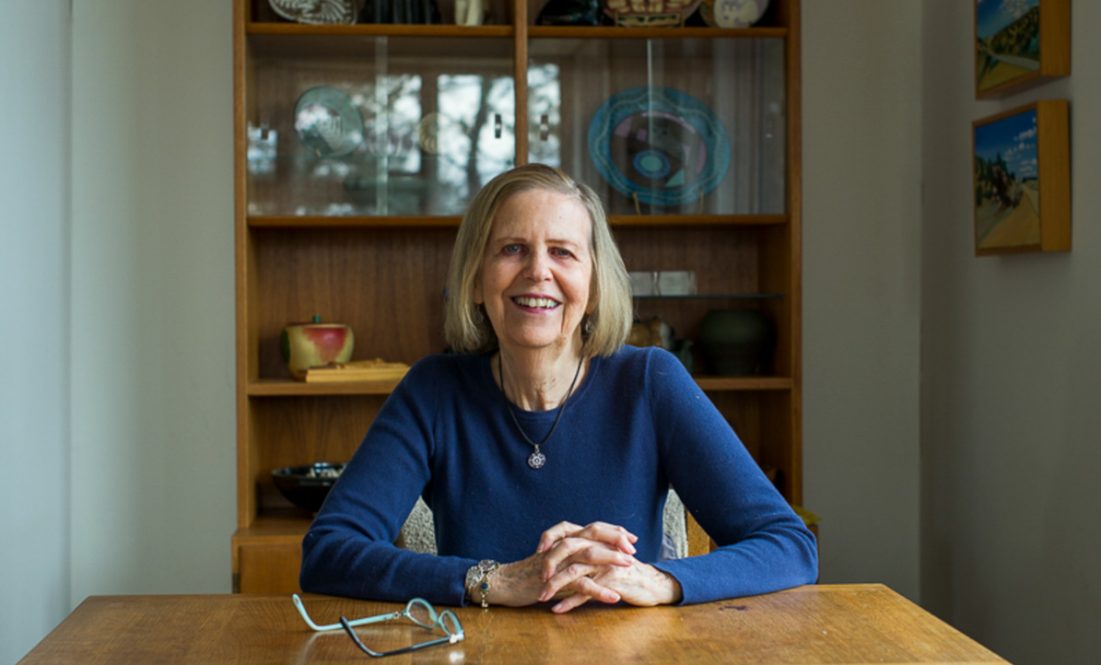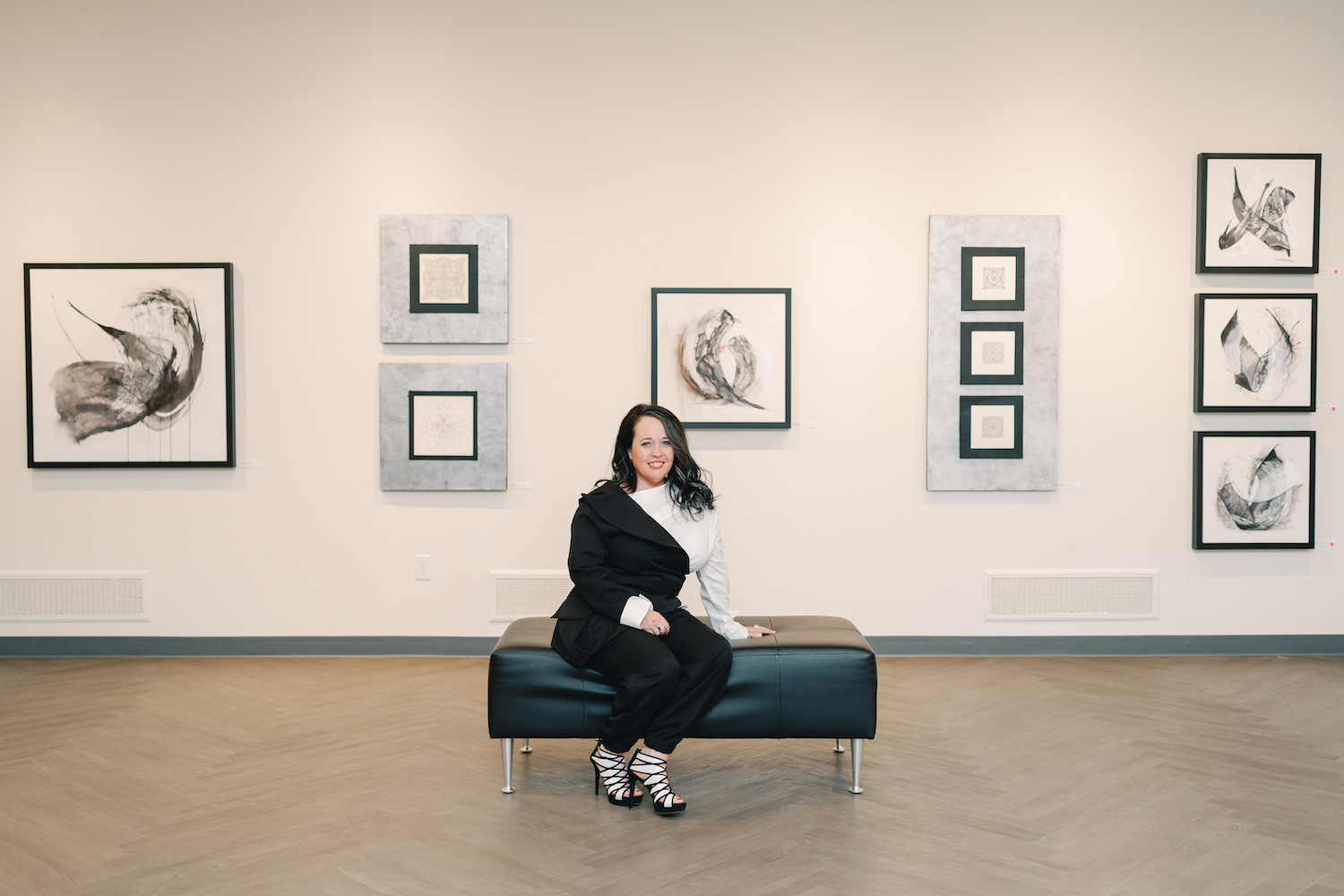Growing up on her family’s dairy farm in Kentucky, Bobbie Ann Mason ’72 Ph.D., ’02 H explored the natural world unfolding all around her. The farm was at the very center of her family, but even as a young girl, she knew she wanted a different life.
She loved to read, she says — “The Bobbsey Twins,” Nancy Drew mysteries, and “Little Women.”
“Books made me want to know so much more about the world.” She knew her future would involve words. “I wanted to write,” she says. “But I knew you couldn’t make a living from it.”
As it turns out, writing has made for quite a life. Mason’s latest book, “Dear Ann,” was released last September. At 80, the celebrated, bestselling author is navigating the uncharted terrain of a book tour during a pandemic, doing Zoom interviews, and giving talks at bookstores around the country, where she is introduced as one of America’s greatest writers.
What If?
“Dear Ann” hinges on the kind of wistful question that can take hold and tug at you: What if I’d chosen a different path? Ann looks back to the sixties wondering what if she had gone to Stanford in California instead of a small college in upstate New York —maybe she wouldn’t have met Jimmy. Through her imagining, she tries to escape difficult memories of that time when the Vietnam War was escalating. But memory triumphs over imagination. She can imagine California, but she can’t imagine a life without Jimmy.
“What if . . . ” is a question Mason has mulled over herself. When she graduated with a bachelor’s degree from the University of Kentucky, several of her classmates from a creative writing class were headed to Stanford on Stegner Fellowships. Mason went to New York City where she wrote for a fan magazine, eventually leaving the city for a graduate assistantship at Harpur College and then to Storrs for her Ph.D.
Mason has wondered what it might have been like to have gone to Stanford, “where others from Kentucky went before me and paved the way.” Moving to the Northeast from the South, she says, was “a culture shock.” But so many things she loves about her life would not have happened had she made a different choice.
“I loved it at UConn,” she says. “It was one of the most significant times of my life. It was where I met my husband. Things were in such flux at that time; I was changing. It was a time of great upheaval. It was liberating and exciting and unnerving because of the war.”
About “Dear Ann,” she says, “I didn’t want to write about the sixties as the sixties with all those iconic images. This was about innocence and about young people trying to find out who they are and experimenting and going through incredible self-doubt and insecurity, and all those things are normal probably for that age, but several things had shifted. There was the draft, which was restricting people and making them scared. And another thing that made a huge shift in the culture was the birth control pill, and that was liberating.”
As Mason wrote “Dear Ann,” she thought often about UConn, about the beauty of campus in the fall, about her many “great professors and the best professor I ever had, Milton Stern.” She chuckles thinking about how he would often break into recitations of Edgar Allan Poe’s “The Bells.” His enthusiasm for American literature was catching. She thought too about her own love story, meeting Roger Rawlings, getting married, and living in a farmhouse in Chaplin “just down the road from Diana’s Pool, which was delightful.”



